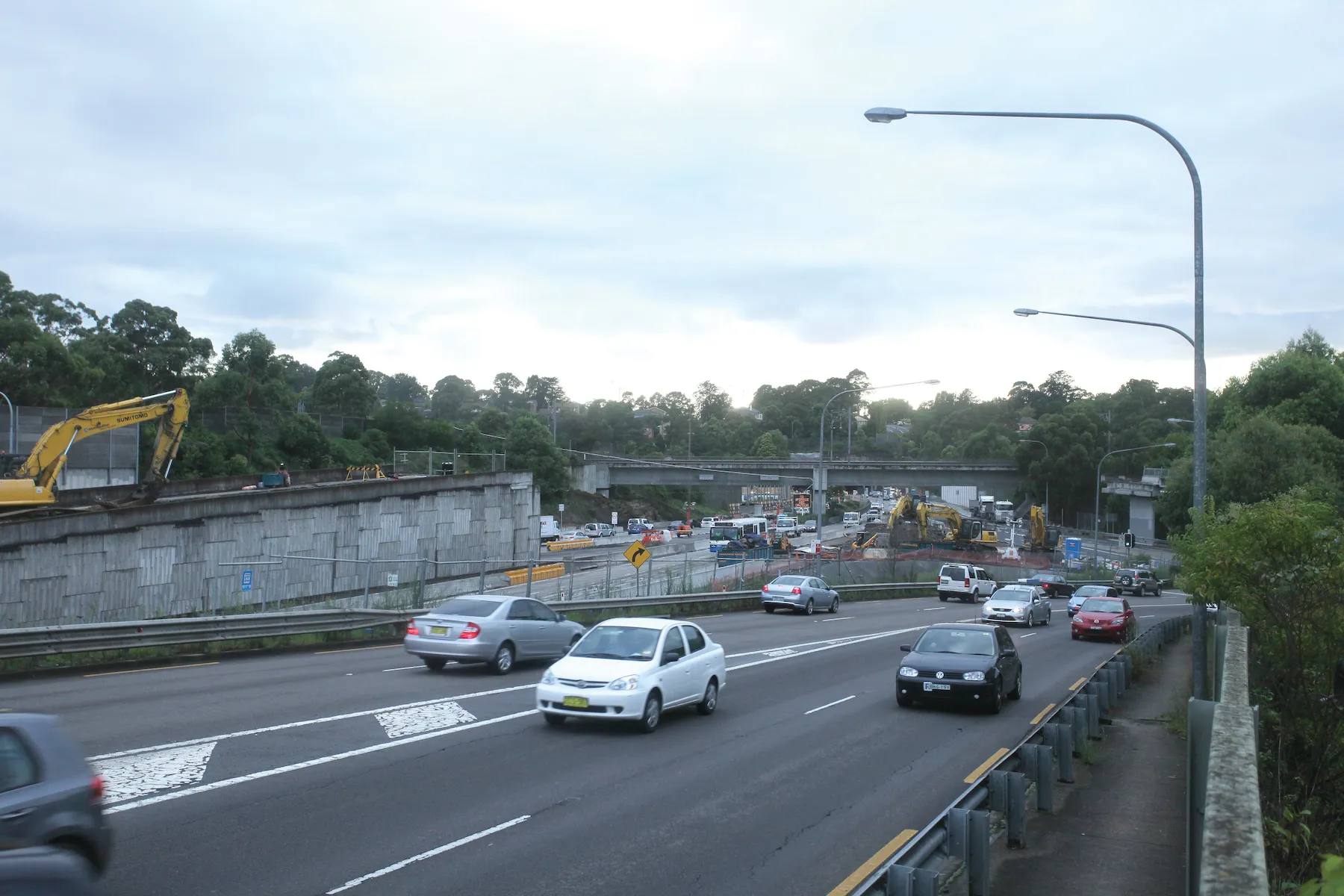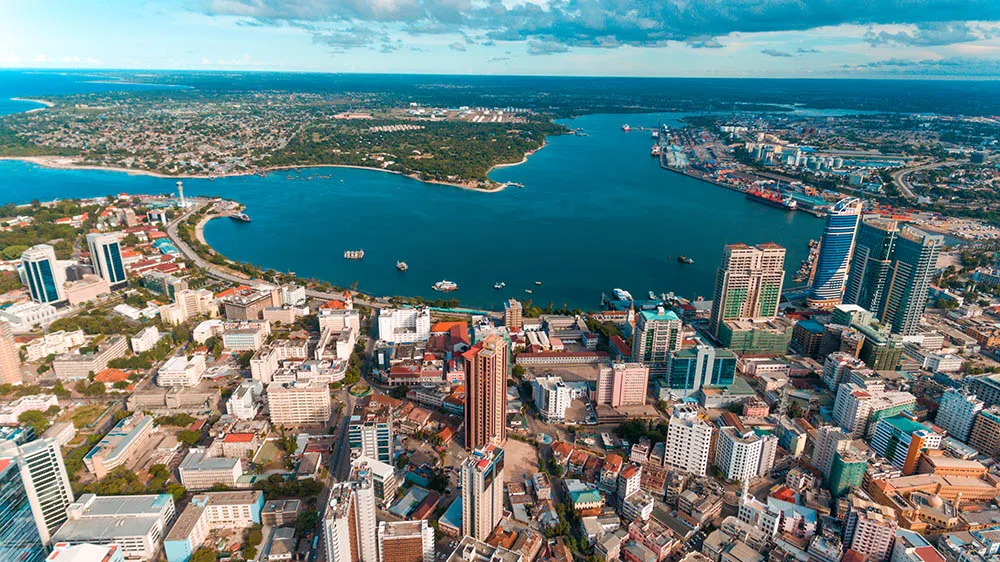The Riga Northern Transport Corridor is an ambitious transport E1.5 billion infrastructure development project involving a new 30km long inner city highway. Its aim is to provide a fast connection between the east and west of Riga City and integrate the city and Riga port into the Trans-European road network. It will include another major new crossing of the Daugava River which is 420m wide at this point. The project will lead to a substantial improvement of transport efficiency in the Riga region and will
February 14, 2012
Read time: 2 mins

The Riga Northern Transport Corridor is an ambitious transport E1.5 billion infrastructure development project involving a new 30km long inner city highway.
Its aim is to provide a fast connection between the east and west of Riga City and integrate the city and Riga port into the Trans-European road network. It will include another major new crossing of the Daugava River which is 420m wide at this point.
The project will lead to a substantial improvement of transport efficiency in the Riga region and will reduce congestion in the historic Riga city centre and on the existing Riga city centre bridges, resulting in improved access and better environmental conditions.
It will support economic development by providing much better accessibility to the Riga port and major development sites in the Northern Corridor area, as well as through reductions in congestion.
It is the largest investment project in the Baltic States and offers numerous challenges, including the largest PPP project in region where project costs exceed the current municipal budget of Riga city; the first large-scale joint state/municipal PPP project in the region, and many first-time technical solutions for the Baltic region such as a high suspension bridge with a 58m clearance.
The project currently is in active preparation stage with outline design and environmental impact assessment, technical, financial and legal studies ongoing and scheduled to be completed by 2011.
Transport and financial investigations, geotechnical investigations, cost-benefit analysis, legal analysis for the PPP financing option was done in 2008 and is currently being updated.
The current project schedule envisages announcement of PPP tender in 2012. Implementation of project will decrease the number of cars passing through the narrow streets of the densely inhabited central core of Riga city. Thus, the adverse environmental impact caused by extensive traffic flows will be significantly reduced as motor transport is the main air pollutant in the centre of Riga.
Advisors include1391 PricewaterhouseCoopers (financial); 1395 Lovells/1396 Sorainen (legal) and 1397 AECOM (technical and traffic).
Its aim is to provide a fast connection between the east and west of Riga City and integrate the city and Riga port into the Trans-European road network. It will include another major new crossing of the Daugava River which is 420m wide at this point.
The project will lead to a substantial improvement of transport efficiency in the Riga region and will reduce congestion in the historic Riga city centre and on the existing Riga city centre bridges, resulting in improved access and better environmental conditions.
It will support economic development by providing much better accessibility to the Riga port and major development sites in the Northern Corridor area, as well as through reductions in congestion.
It is the largest investment project in the Baltic States and offers numerous challenges, including the largest PPP project in region where project costs exceed the current municipal budget of Riga city; the first large-scale joint state/municipal PPP project in the region, and many first-time technical solutions for the Baltic region such as a high suspension bridge with a 58m clearance.
The project currently is in active preparation stage with outline design and environmental impact assessment, technical, financial and legal studies ongoing and scheduled to be completed by 2011.
Transport and financial investigations, geotechnical investigations, cost-benefit analysis, legal analysis for the PPP financing option was done in 2008 and is currently being updated.
The current project schedule envisages announcement of PPP tender in 2012. Implementation of project will decrease the number of cars passing through the narrow streets of the densely inhabited central core of Riga city. Thus, the adverse environmental impact caused by extensive traffic flows will be significantly reduced as motor transport is the main air pollutant in the centre of Riga.
Advisors include









